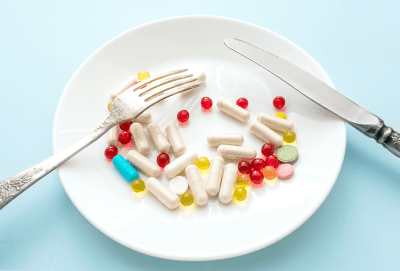In the quest for achieving weight loss goals, many individuals turn to various methods, including weight loss drugs. However, concerns have been raised about a potential association between these drugs and hair loss. In this blog post, we will explore this intriguing connection and uncover the truth behind it.
methods, including weight loss drugs. However, concerns have been raised about a potential association between these drugs and hair loss. In this blog post, we will explore this intriguing connection and uncover the truth behind it.
Understanding Weight Loss Drugs
Weight loss drugs, also known as anti-obesity medications, are prescribed or over-the-counter medications designed to aid in weight reduction. They work through different mechanisms, such as suppressing appetite, increasing metabolism, or blocking fat absorption. While these drugs can be effective for shedding pounds, it’s essential to be aware of potential side effects, including the often-discussed topic of hair loss.
The Link: Myth or Reality?
The notion that weight loss drugs directly cause hair loss is a topic that has sparked much debate and speculation. However, it is crucial to separate myth from reality. Some weight loss drugs, such as those that contain the active ingredient orlistat, have been associated with hair loss in rare cases. Orlistat works by inhibiting the absorption of dietary fat, but it can also affect the absorption of fat-soluble vitamins, such as vitamin D and vitamin E, which play a role in hair health. Vitamin deficiencies, rather than the drug itself, might contribute to hair loss.
Other factors that can be associated with both weight loss and hair loss need to be considered as well. Rapid weight loss, nutritional deficiencies, hormonal changes, stress, and underlying medical conditions, such as thyroid disorders, can all contribute to hair loss. It’s important to remember that correlation does not imply causation, and there may be confounding factors at play when linking weight loss drugs to hair loss.
Tips for Minimizing the Risk
If you are considering weight loss drugs and are concerned about potential hair loss, there are steps you can take to minimize the risk:
- Consult with a healthcare professional: Before starting any weight loss drug, discuss your concerns with a healthcare provider who can guide you based on your individual needs and medical history.
- Maintain a balanced diet: Ensure you are getting adequate nutrition by consuming a well-balanced diet rich in vitamins, minerals, and essential nutrients.
- Consider supplementing: If necessary, your healthcare provider may recommend supplements, such as biotin or other hair-supporting nutrients, to help maintain healthy hair.
While the link between weight loss drugs and hair loss remains a topic of interest, the evidence suggests that the association is rare and potentially related to nutritional deficiencies rather than the drugs themselves. By staying informed, consulting professionals, and maintaining a healthy lifestyle, you can embark on your weight loss journey while minimizing any potential risks to your hair health.


